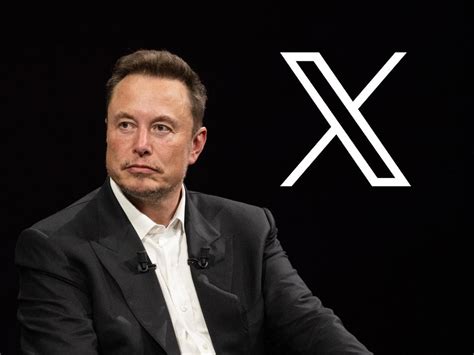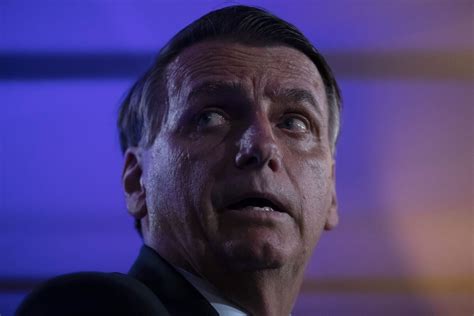X has resumed its online operations in Brazil after being blocked by the Brazilian Supreme Court for three weeks, facing hefty fines during the ban. Cloudflare’s CEO clarified that X’s return was coincidental, not a deliberate evasion of the ban, as X transitioned to Cloudflare from Fastly. The shift led to a change in IP addresses, circumventing Brazilian restrictions. Despite questions, Brazilian authorities recognized Cloudflare’s cooperation. Geopolitically, the situation involved Elon Musk’s sphere, highlighting the challenges of Brazil’s blocking tactics. Cloudflare criticized Brazil’s reliance on fixed IP addresses as ineffective. X’s return has sparked debates on tech regulations and maneuvers, with Cloudflare’s involvement adding complexity to the narrative.
X Resumes Online Operations in Brazil As Cloudflare CEO Denies Intentional Maneuver
The Return of X in Brazil
X has made a comeback online in Brazil, marking its reentry three weeks after facing a blockage mandated by the Brazilian Supreme Court following orders. This move led to X Corp. being fined nearly $1 million each day the platform remained accessible within the country.
Cloudflare CEO’s Perspective
Contrary to speculation, Cloudflare’s CEO, Matthew Prince, emphasized that X’s return in Brazil was purely coincidental. Prince clarified in an interview with TechCrunch that the transition was unrelated to overcoming the Brazilian barriers but rather stemmed from X’s shift between different IT vendors.
Unplanned Transition to Cloudflare
Previously relying on Fastly, a competitor of Cloudflare, X initiated a transition to Cloudflare for cloud computing services globally, including Brazil. This alteration in service providers resulted in a change of IP addresses associated with X, disrupting the blocking efforts of Brazilian internet service providers.
Not an Intentional Strategy
Prince asserted that Cloudflare had no prior discussions with X to bypass the Brazilian ban. The transfer of traffic from Fastly to Cloudflare, especially in Latin America, occurred naturally due to the service shift, with no deliberate intent to subvert regulatory measures.
Brazil’s Response and Regulatory Challenges
While some skeptics question the fortuitous timing of events, Brazilian authorities acknowledged Cloudflare’s cooperative attitude in assisting with the reblocking of X. The regulatory framework in Brazil, requiring ISPs to block specific IP addresses, faced complications with the provider switch from Fastly to Cloudflare.
Geopolitical Ramifications
The sequence of events involving X, Cloudflare, and geopolitical influences has raised eyebrows, with Prince referring to the situation as an unexpected entanglement in Elon Musk’s sphere. Despite Musk’s previous attempts via Starlink satellites to circumvent the ban, X found itself back online inadvertently due to operational transitions.
Evaluation of Brazil’s Blocking Strategy

Prince criticized Brazil’s block as ineffective and fragile, highlighting the limitations of IP-based restrictions. The regulatory measures assumed a static IP address for X, Twitter, or similar platforms, creating vulnerabilities that could be exploited by swift IP address changes, irrespective of service providers.
Conclusion

While the resumption of X in Brazil amid regulatory hurdles appears coincidental, the underlying dynamics between tech platforms, service providers, and regulatory bodies continue to shape the digital landscape. The intricate interplay of interests underscores the complexities of international tech regulations and operational strategies.
X is back online in Brazil following a tumultuous period, raising questions about regulatory efficacy and strategic tech maneuvers. Cloudflare’s involvement adds a layer of complexity to the narrative, as debates on circumvention and cooperation unfurl in the digital realm.
İlginizi çekebilecek konular
